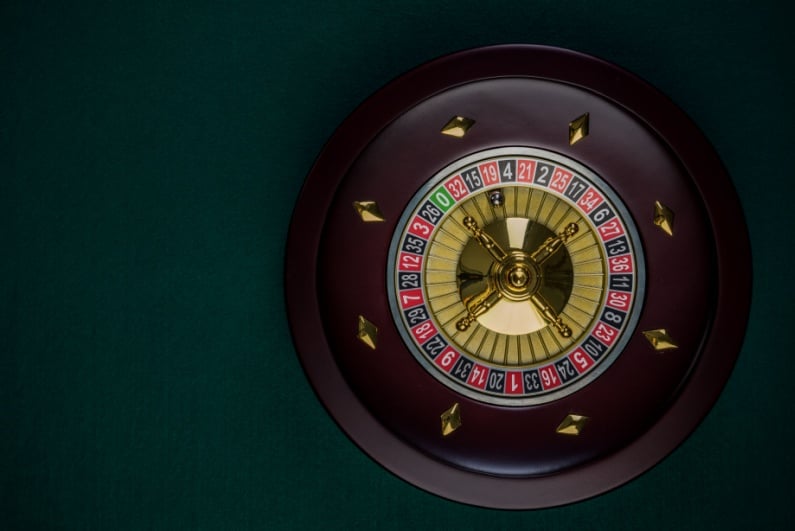
Top News Stories
Casino News
Crime
Most viewed articles
- One Big Beautiful Bill? More Like One Big Beautiful Tax Bill
- FanDuel Changes T&Cs After Tipster’s $11 MLB Parlay Wins $2.2m for Subscribers
- Xposed Denied Comped Smoothie at Resorts World While Playing $25,000 Blackjack Hands
- Dara O’Kearney: Tales From the WSOP 2025 Part 4
- Thailand’s Casino Dream Fades as Prime Minister Suspended
- American Gaming Association Controversially Welcomes Big Beautiful Bill
- Storm Season Hits Las Vegas As Over 35,000 Left Without Power
- Top News Stories
- UK Court Jails Gambling-Addicted Finance Head Four Years for Stealing £1.7m
- Influencers Making Waves by Betting on Angel Reese to Miss Her First Shot in Every Game















